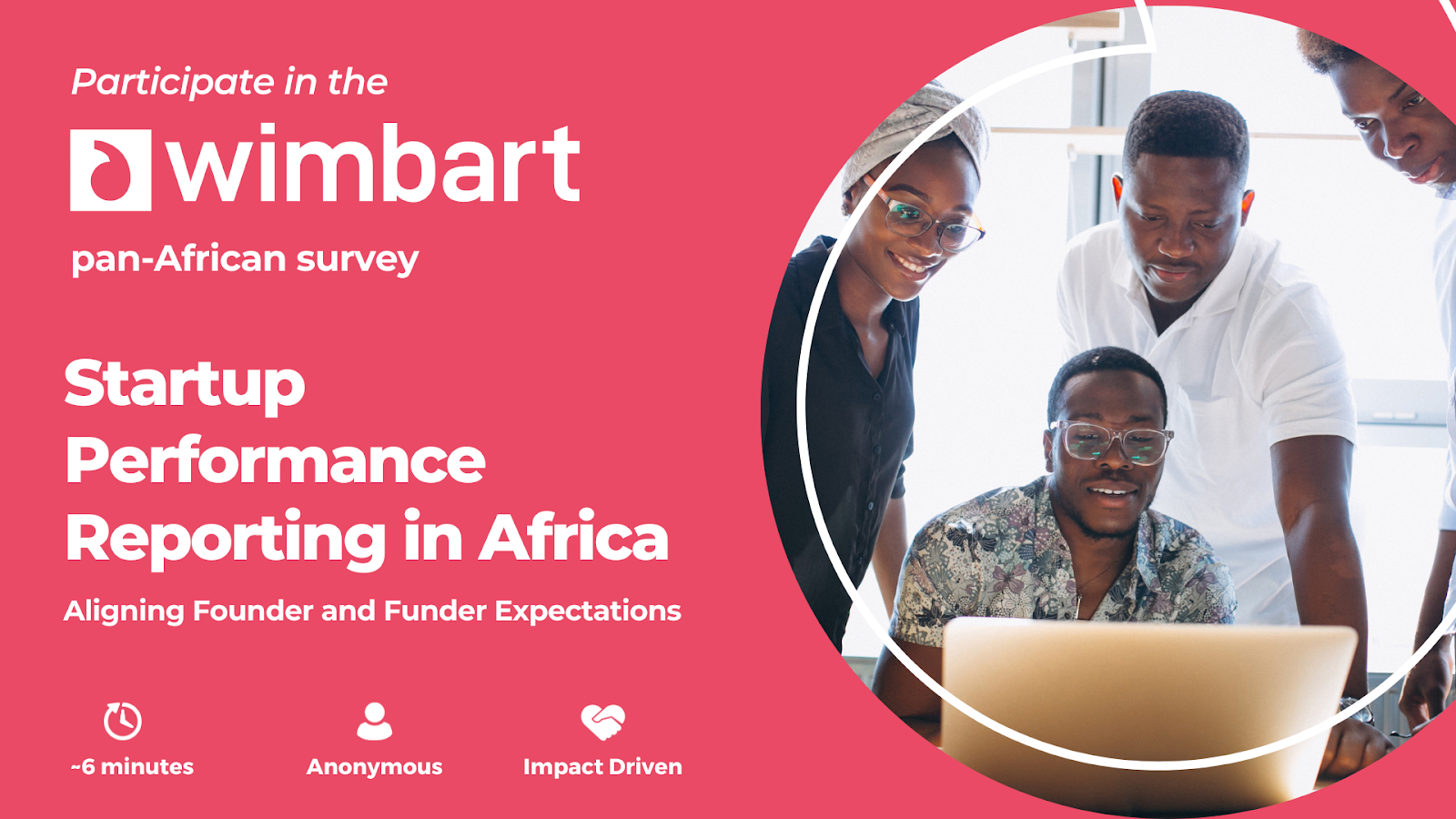
First published 01 September, 2024
However, despite how hard companies try to make mergers equal, one company typically has the upper hand – Chris Roush.
In a perfect world, mergers of equals are created for mutual trust and fairness to project a unified corporate image. Yet, the world is anything but perfect.
Mergers of equals are elusive and often impeded by disparities in corporate culture. Culture is a startup’s approach to decision-making, leadership, adaptability, and willingness to take risks. This can include beliefs about individual success versus teamwork. For instance, some startups prioritise individual high performers, while others favour collaboration and teamwork.
Recent (for startups) and past (for corporations) examples, like the merger of HP and Compaq, show how cultural differences can undermine the equitable distribution of benefits, including employment practices and strategic direction.
There are three ways of looking at this disparity, anchored on culture. First, a dominant startup’s staff may be less likely to perceive cultural clashes or be more receptive to aspects that align with their cultural values, possibly contributing to abandoning the “merger of equals” concept.
Post-merger cultural practices can reveal different interpretations of equality between the merging startups. Additionally, differing cultural conventions can emerge from various aspects of the merging startups.
In pursuit of a merger of equals, these differences may be overlooked or dismissed, thus stopping the aim of equality from being achieved.
Next Wave continues after this ad.
It’s all about culture
In addition to negotiating prices and other financial terms, organizations discussing mergers need to negotiate culture. Leaders should start by conducting a cultural assessment to understand how people, practices, and management reflect tightness or looseness in both companies – Harvard Business Review.
Mergers of equals are hinged on the perception of fairness; if employees feel that resources are distributed equitably and decision-making processes are just, they’re more likely to commit to the new organisation. In some cases, this can be interpreted as “fairness in resource allocation” and in others as “fairness of processes and procedures.”
Despite equality often seen as a cornerstone of fair mergers, it’s not sustainable in the long term. Cultural differences between merging startups can create challenges in maintaining equality and ensuring a successful integration. These differences influence how work is done, priorities are set, and promises are fulfilled.
Partner Content:
Read: Fintech company, Netapps launches reliable and secure suite of products
here.
To understand the operationalisation of equality in mergers, it is critical that we consider cultural dynamics. Although mergers and acquisitions are frequently mentioned in the news, few discuss how equality is implemented over time. Ignoring the cultural factors that shape equality’s value and practice is an oversight that is seldom discussed.
For these reasons, when two startups merge, they often face challenges because their cultures—values, beliefs, and practices—differ. This “culture clash” can harm the merger’s success. In mergers where both startups are supposed to be equal, conflict sometimes arises if one startup’s management makes most of the decisions. This creates feelings of inequality, leading to a lack of commitment and cooperation from the other side.
It’s especially important for top managers to address these culture clashes, as their commitment to the merger directly affects the motivation of their employees. If the cultures of the merging startups remain too different, each might try to hold onto its ways, leading to a clear division between them. In mergers where one culture is more potent, the weaker one might feel threatened and resist change.
Over time, shared experiences can help blend the cultures or widen the gap, especially if the differences are noticeable. To keep things equal, top managers must be sensitive to both cultures and work actively to bring them together.
And culture clashes aren’t just about different values or norms—they’re really about identity. When creating a new, merged culture, employees from the less dominant startup might feel like they’re being forced to give up their old identity, leading to resistance and other negative feelings.
However, if people believe in equality and see it in the newly formed entity, they may be more willing to integrate. Equality can guide decisions during the merger to help everyone understand what is acceptable and how to proceed.
Next Wave ends after this ad.
Kenn Abuya
Senior Reporter, TechCabal
Thank you for reading this far. Feel free to email kenn[at]bigcabal.com, with your thoughts about this edition of NextWave. Or just click reply to share your thoughts and feedback.
We’d love to hear from you
Psst! Down here!
Thanks for reading today’s Next Wave. Please share. Or subscribe if someone shared it to you here for free to get fresh perspectives on the progress of digital innovation in Africa every Sunday.
As always feel free to email a reply or response to this essay. I enjoy reading those emails a lot.
TC Daily newsletter is out daily (Mon – Fri) brief of all the technology and business stories you need to know. Get it in your inbox each weekday at 7 AM (WAT).
Follow TechCabal on Twitter, Instagram, Facebook, and LinkedIn to stay engaged in our real-time conversations on tech and innovation in Africa.



























